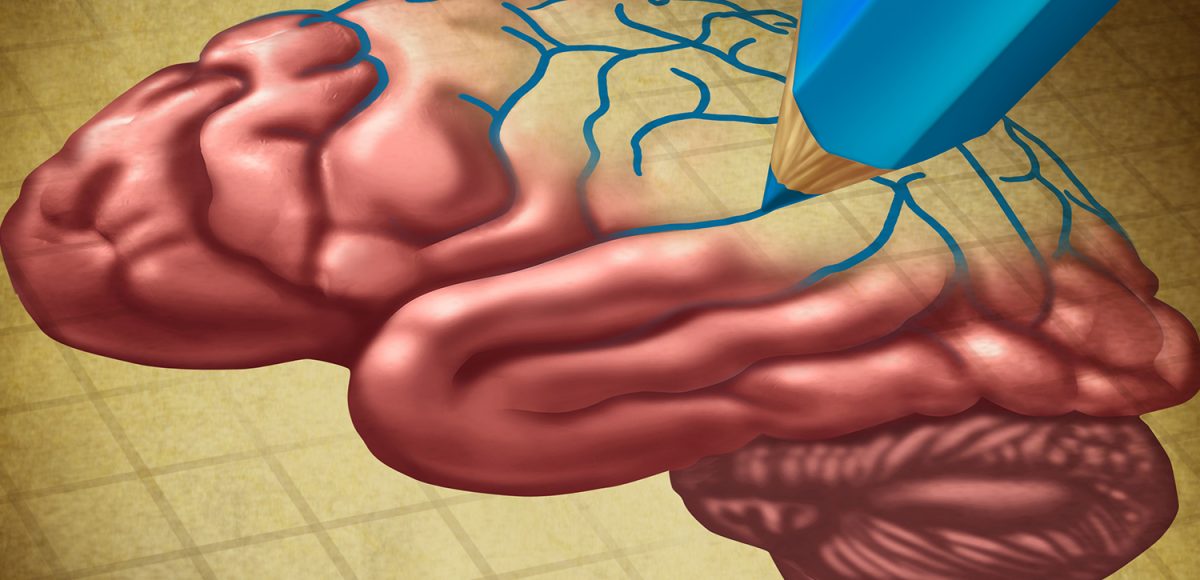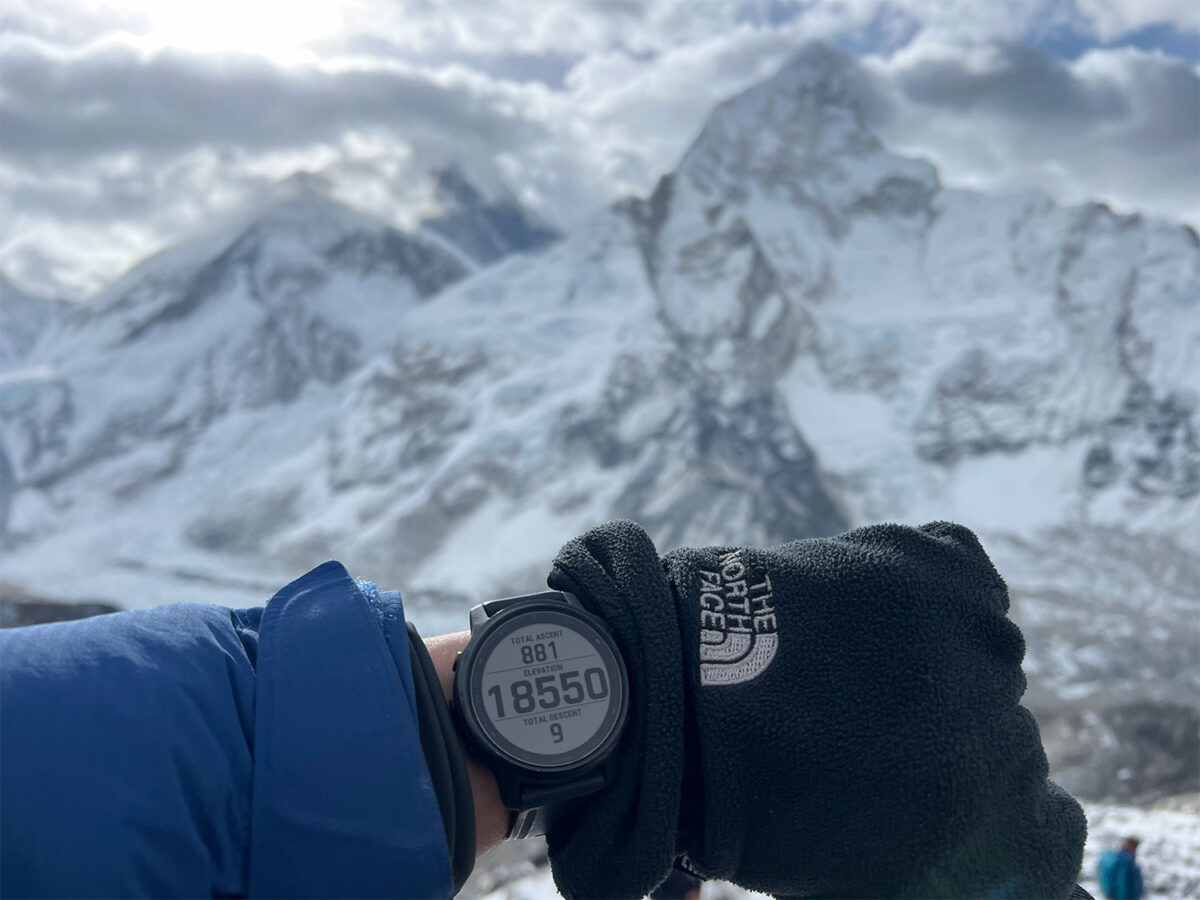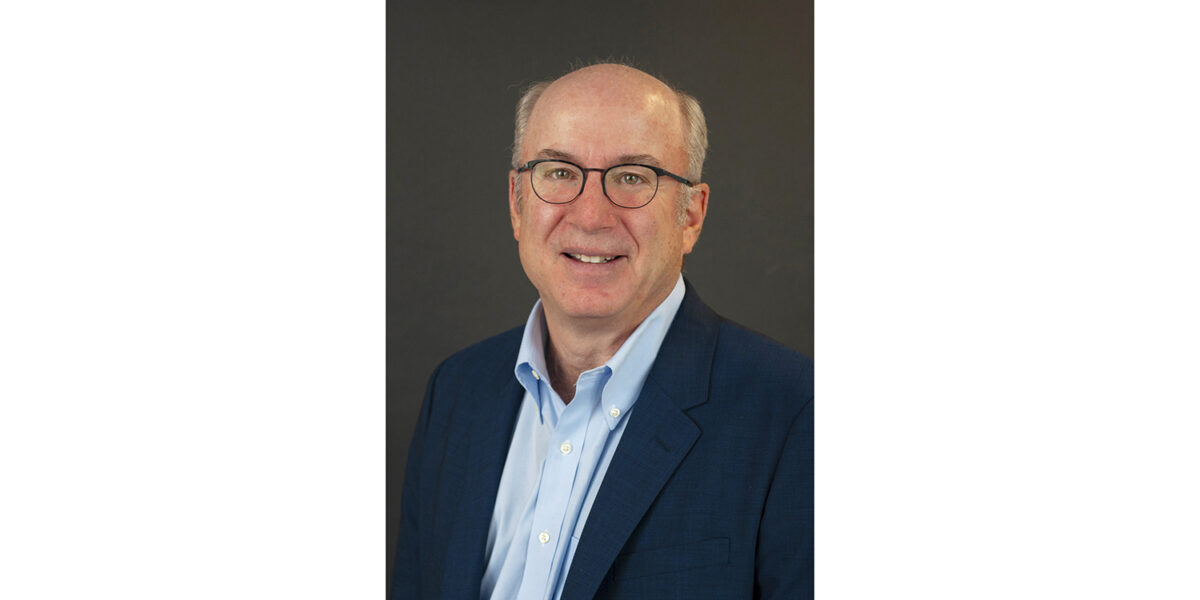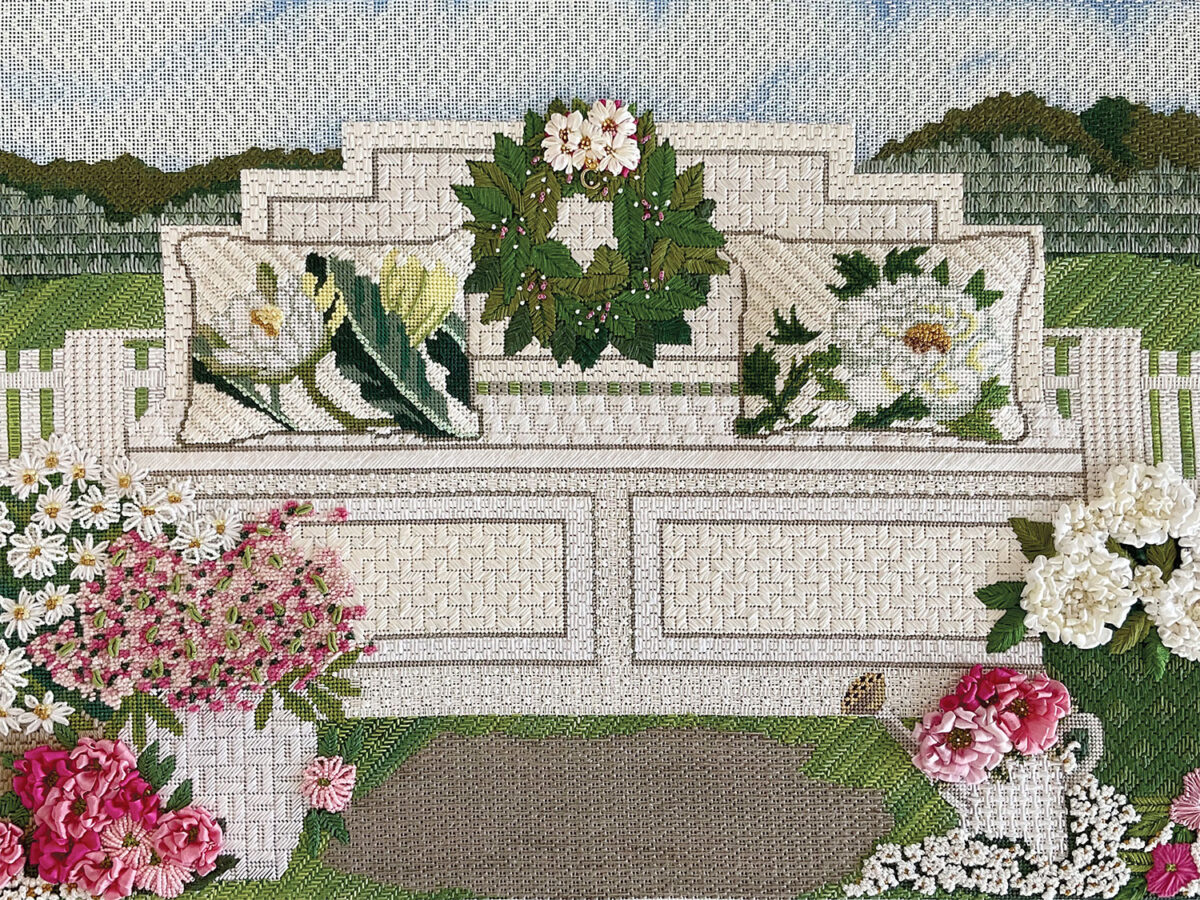Beverly Hills Courier columnist Dr. Eva Ritvo is a psychiatrist with more than 25 years’ experience practicing in Miami Beach. She is the author of “Bekindr-The Transformative Power of Kindness” and the founder of the Bekindr Global Initiative, a movement to bring more kindness in the world. She is the co-author of “The Beauty Prescription” and “The Concise Guide to Marriage and Family Therapy.” She is also the co-founder of the Bold Beauty Project, a nonprofit that pairs women with disabilities with award-winning photographers creating art exhibitions to raise awareness. Dr. Ritvo received her undergraduate and medical degrees from UCLA and psychiatry residency training at Weill Cornell Medicine.
As restrictions are lifting and the streets, restaurants and events are filling back up, it is important to be especially mindful. We have talked about Post Trauma Growth, and now is the time to ensure we emerge from the pandemic as beautiful butterflies.
Our brains will need to change again to adapt. We can rewire our brain by actively choosing our thoughts, feelings and behaviors, and not running on autopilot. Many of us have felt sad and anxious for a quite a while, and we must work to cultivate positive feelings such as calm, joy and optimism. Rapid environmental changes allow for neuroplasticity. Neuroplasticity refers to the brain’s ability to form and reorganize synaptic connections, thus allowing us to think and feel in new ways.
With only half the county vaccinated and the Delta variant circulating, we can’t let our guard completely down, but life is resuming rapidly and we want to be thoughtful about our reentrance.
We must now grapple with big questions: Do we go back to the office? Can we send our kids to school? Where is it safe to travel this summer? Can I see my older relative? Or friend with a baby or toddler? What about the family member that hasn’t gotten vaccinated? How do I greet someone? Shake hands, hug, or kiss? Or better to stay with the elbow bump or wave?
Some are eager to jump back into the deep end of the pool, while others prefer to continue to wait cautiously. Families need to be on the same page as they assess risks and opportunities going forward, as household spread is the highest risk. Remember, the health of one of us impacts the health of all of us.
It is time to consider what you learned during this last year. We must actively reflect on what we have been through and how we can most successfully create the “new normal.” I hope you can set aside some time to explore the following questions. You can reflect on them alone, write in your journal, or talk with friends or family. Meditation is a great way to clear our minds of clutter and focus on the more important issues at hand. Journaling has been shown to increase physical health as well as mental health. One study showed that as little as 15-20 minutes less than once a month lowered blood pressure and improved liver functioning. Sharing with friends or family can be a great way to reconnect after a year that for many was quite isolating.
Did you prioritize your family more? How can you continue to spend quality time with them as other opportunities and responsibilities reemerge?
Did you have to withdraw from friends/co-workers and family members due to the pandemic? If so, how can you re-incorporate them in your life?
Did you spend more time caring for yourself with exercise and meditation? Can these new habits remain in place as life gets busier? What other tools did you add to your wellness routine?
Did you eat better or worse in quarantine? Can you maintain the positive habits you developed as you venture back to restaurants, parties and gatherings? What healthier habits can you incorporate now?
What habits did you break that you are better off without?
Has your alcohol consumption declined or increased during the pandemic? I have been hearing that many are rushing back to the bars and getting quite sick. If your liver got a break from alcohol, it won’t be prepared to handle an onslaught of drinking. If you are returning to parties and bars, go slowly or soberly.
Did you neglect/decide to forgo your medical and dental care? If so, please resume as quickly and safely as you can. Screenings such as mammographies and colonoscopies are safer to proceed with now, rather than continuing to postpone. Talk to your doctor and your dentist.
How did your value system shift this year?
How can you use this trauma to appreciate life more?
Life may get very busy quickly, so try to find time to reflect on these questions and whatever else is coming up for you. We have a unique opportunity now to unleash the potential growth following trauma and lean into a deeper appreciation of life.
“Trauma creates change you don’t choose. Healing creates change you do choose.”
Michele Rosenthal







